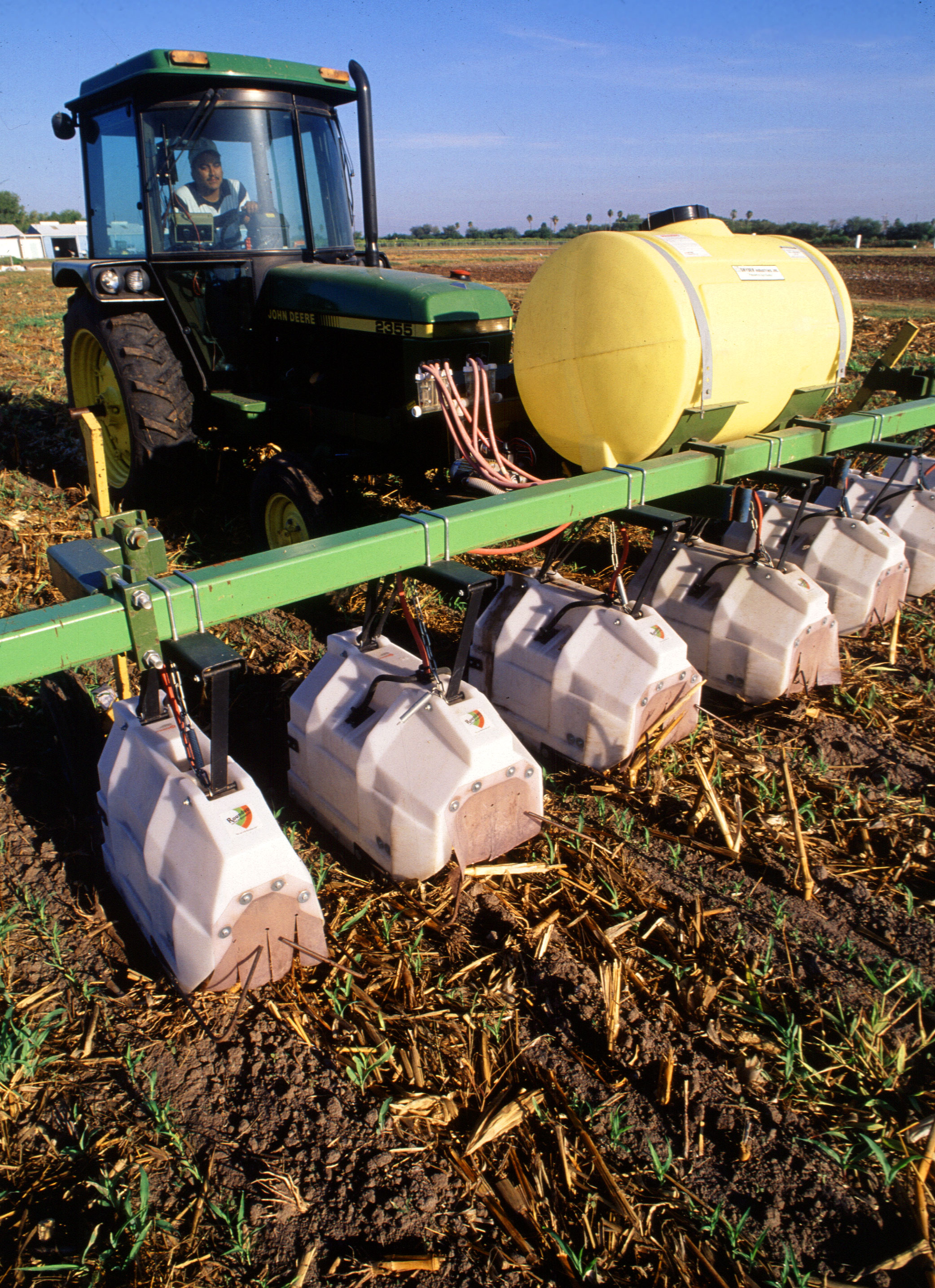Monday, July 27, 2015 - Upon re-evaluation of their safety, the World Health Organization’s specialized agency dedicated to ca ncer research has declared the insecticides gamma-hexachlorocyclohexane (lindane), dichlorodiphenyltrichloroethane (DDT) and the herbicide 2,4-dichlorophenoxyacetic acid (2,4-D), to be carcinogenic. All three of these chemicals have been widely used in agriculture since before WWII. The use of 2,4-D has been projected to increase in response to the development of glyphosate resistant weeds.
ncer research has declared the insecticides gamma-hexachlorocyclohexane (lindane), dichlorodiphenyltrichloroethane (DDT) and the herbicide 2,4-dichlorophenoxyacetic acid (2,4-D), to be carcinogenic. All three of these chemicals have been widely used in agriculture since before WWII. The use of 2,4-D has been projected to increase in response to the development of glyphosate resistant weeds.
The International Agency for Research on Cancer (IARC) is currently comprised of 26 experts from 13 countries. Not only did their report label the chemicals as carcinogens, but it also listed the types of cancer most likely to be encountered from their use; Lindane – Non-Hodgkin Lymphoma (NHL) - DDT – Liver, Breast, and Testicular Cancer, as well as a suppressed immune system. While the warnings for the herbicide 2,4-D were less alarming, the researchers still called 2,4-D possibly carcinogenic, and reported that it caused oxidative stress as well as a suppressed immune response, both of which are known to support the development of cancer.
Coupled with the recent listing of glyphosate as carcinogenic, this latest IARC report is likely to have many repercussions throughout the world. Several countries have already banned import or sale of glyphosate within their borders due to health concerns.
Properly applied, this new awareness could result in healthier food for all mankind. Hopefully it is not “too little, too late”!
Learn More Here
